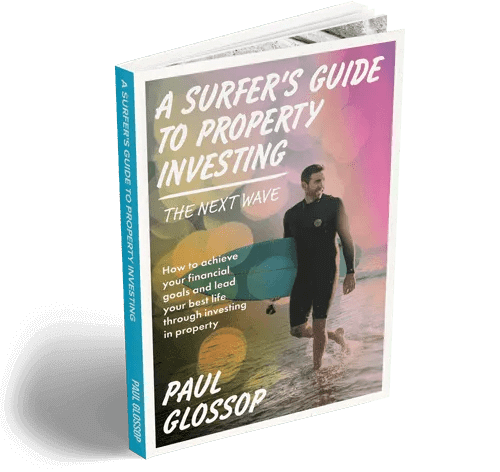Paul Glossop: Good day guys and welcome to Pure Property Investment one on one. Today we’re joined by Anthony Pears. Anthony is a partner at Integra Financial Services. What we wanted to talk about today was again following on from the theme of Self Managed Super Fund investing, and property investing at the moment as well, is probably looking at the nature of where our credit policies lie and the different restrictions that are coming into place with APRA putting a little bit more pressure on the banks, certain lending types being restricted and probably the nature generally of lending right now is in really a strong state of flux and I think not having someone who really understands that detail on a week to week, month to month basis, you probably going to come unstuck if you’ve got plans laid out a couple of years ago. They’re probably going to be changed slightly when it comes down to borrowing.
So, Anthony if you don’t mind sharing with our viewers probably a little bit more about borrowing in Self Managed Super Funds and some of the changes in that environment at the moment.
Anthony Pears: Yeah sure. Thanks Paul. Whilst I don’t actually do any of the mortgage or finance broking myself, we do have that at Integra an in-house finance specialist, Jason Platt from Finance Connect. I’ve been speaking with Jason recently about this and for another client that we’re actually in the process of purchasing a property. Jason has found that the banks are tightening up very, very quickly and very hard. He had the deal that was done, went to present it to the client, the interest had moved 1% and that was only two weeks ago. So, it went from 5.8 up to 6.8% straight away. The banks are actually pushing very hard on the rates. They’re also pushing very hard on the restriction. So they’ve actually really reduced the LVR’s as well and also they’re requiring a greater cash pool to be held there as well for protection. The banks I think on one sense are trying to take the heat out of the market as well and I know with some of those institutions they just don’t want to do any financing for the Self Managed Super Funds, at the moment.
Paul Glossop: Yeah, for a few reasons as you said I think it’s quite difficult. It’s quite laborious, time-consuming, labor intensive, exactly what you said. Going back to the reason of Self Manager Super Fund property purchase is really to make sure that it is quite a safe investment. The government doesn’t want and the banking sector doesn’t want people to be speculating in that space and therefore obviously like you said LVR’s reducing, we’re seeing more cash to be kept in reserve and we’re seeing probably a higher restriction and a higher interest rates. The banks want to make sure they’re protected by the sounds of it. Probably to touch on that as well if I were to say a general Self Managed Super Fund, let’s say the fund itself had approximately a quarter of a million dollars cash in it. Ideally in this market right now what would you say that that would look like from how much they can potentially borrow in the grand scheme of things, and what kind of cash reserve they would therefore have to keep aside if you’re sitting on a portfolio or Self Managed Super Fund of approximately quarter million right now?
Anthony Pears: Sure. That’s actually a great question, because we’re actually just doing that for a client at the moment. His fund balance is a little bit less. It’s around the 230 mark but it’s going to be around the same sort of numbers. The bank is actually requiring a cash pool of at least $50,000 there.
Paul Glossop: That’s twenty-odd percent there.
Anthony Pears: Yeah and with this client, the numbers have come out that he can look for probably for the purchase price of about 420, 420 to about 440.
Paul Glossop: And that’d be an LVR of about 70% on that property. So, I guess, yeah, there’s a couple of things there. You’ve got a cash deposit kept aside, you’ve got to make sure that just because you’ve got quarter million in that scenario, say 230 thousand, you can’t borrow up to 70% of 230 thousand because again a portion has to be kept aside. So, making sure you’re realistic in what you can achieve from that fund and that pool of money is important because again I think a lot of us in the personal space say, “Well I’ve got a 20% deposit, I can leverage up to 80%.”
Well, if you’ve got 20% deposit you can’t leverage up to 80%; you probably going to have to keep again another 20% of that aside in a cash pool and then potentially only leverage the rest up to 70% and then you’re going to be stung at a higher percentage from an interest rate perspective as well. You probably know that here from all that information that there is a lot that goes into making sure the strategy and the objective and the structures are correct. I think sitting down with someone like Anthony and his team to make sure all those aspects and those ducks are put in a row before you buy that property is imperative.
You can contact him; in the bottom of the screen details are there. You can also talk to us in regards to property type specifics, when it comes down to buying that property in the Self Managed Super Fund. But again guys, if you have any further questions feel free to contact us. We can put you in touch with anyone you need to be put in touch with. We’ll no doubt chat with you very soon. Cheers!






